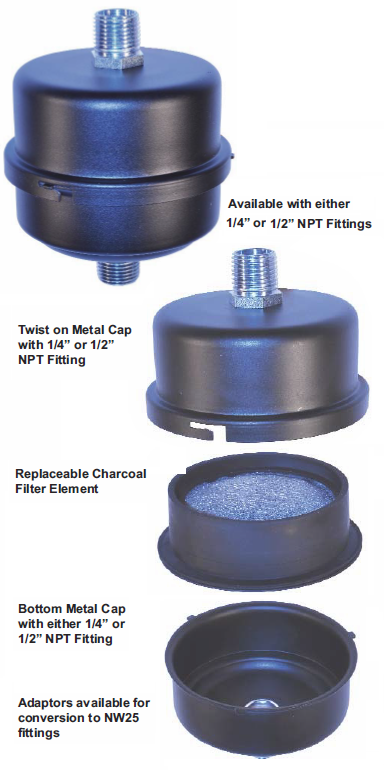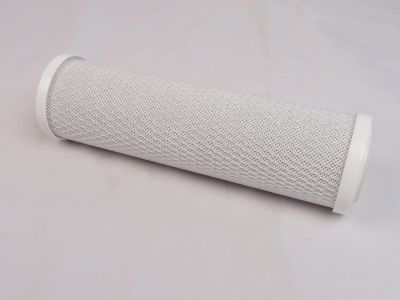

The density forces the liquid to pass through slowly. I uses a compressed block of activated carbon. If you use a large filter packed with carbon on a small batch of alcohol, much of it might be lost to the filter!įollow the instructions provided with the filter, and if the filter is of good quality, you should get great results! Carbon Block FilterĪ carbon block filter is a simple filter that has been designed for the home distilling market. Match the size of the filter to your batch size and you’ll have fewer problems. Choosing A FilterĬhoosing the right filter will be based primarily on the volume of spirit you plan to filter after each batch. This differs from absorption, where molecules are incorporated or taken into a substance. This is an adherence to the surface through adsorption. The base of activated carbon is usually wood sawdust or wood chips, but a variety of products can be activated and carbonised such as plastic and stone.Īctivated carbon is extremely porous, giving it a large surface area for “trapping” larger impurities inside its pores.

Activated CarbonĪctivated carbon, sometimes referred to as activated charcoal, is typically made using a chemical, like phosphoric acid, as well as high heat. Almost all are based around the use of activated carbon. There are numerous home brew spirit filters for “polishing” or filtration of spirit. If it doesn’t taste quite right, you may need to dilute and re-distil the spirit. Keep in mind, filtering your spirit can help improve the flavour, but it can only do so much. We highly recommend filtering neutral spirit if you plan to use it with flavourings. It’s an easy way to “clean up” your spirit to ensure the purest possible flavour. Filtering, or polishing, is a common step post-distillation.


 0 kommentar(er)
0 kommentar(er)
